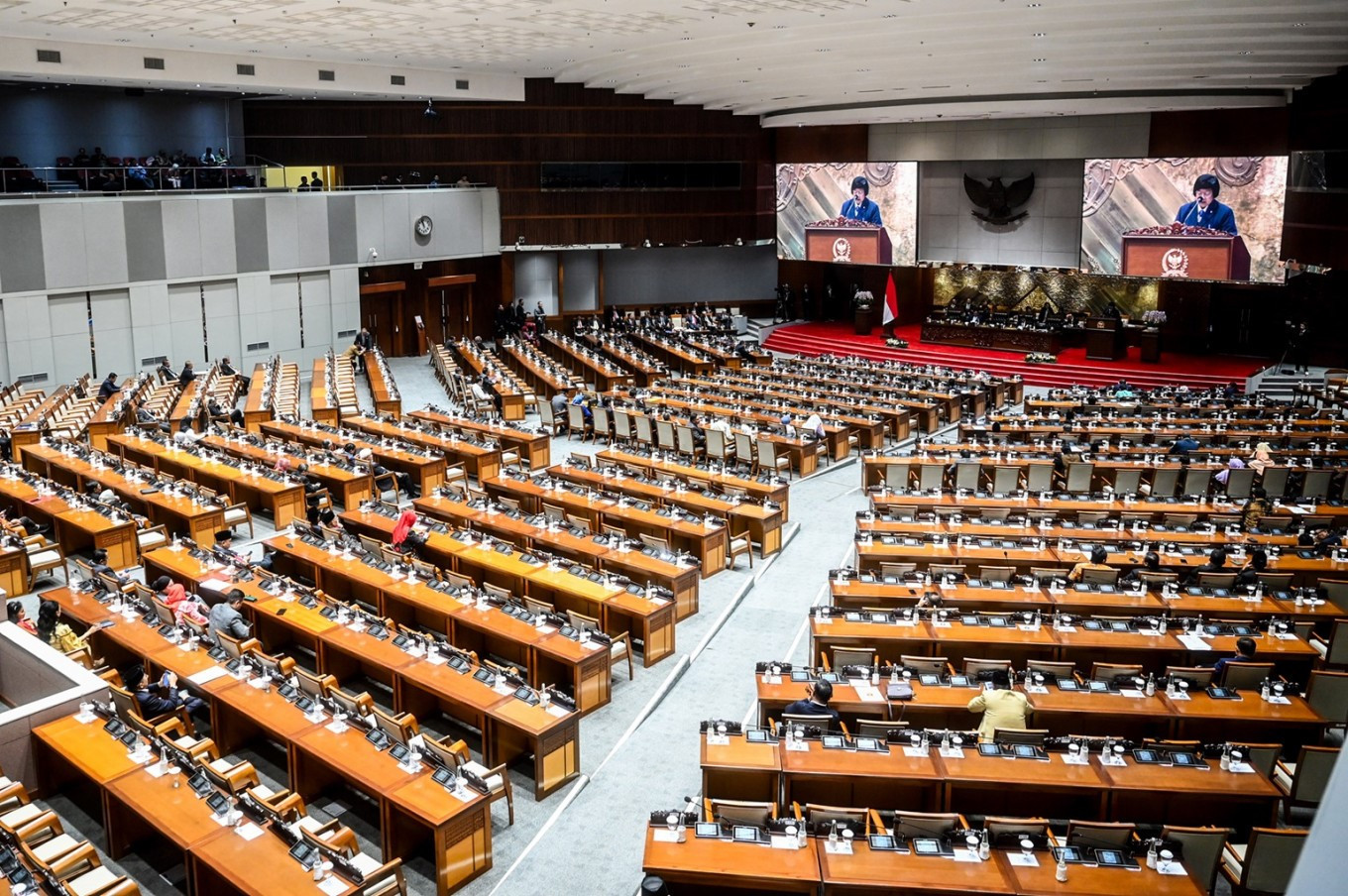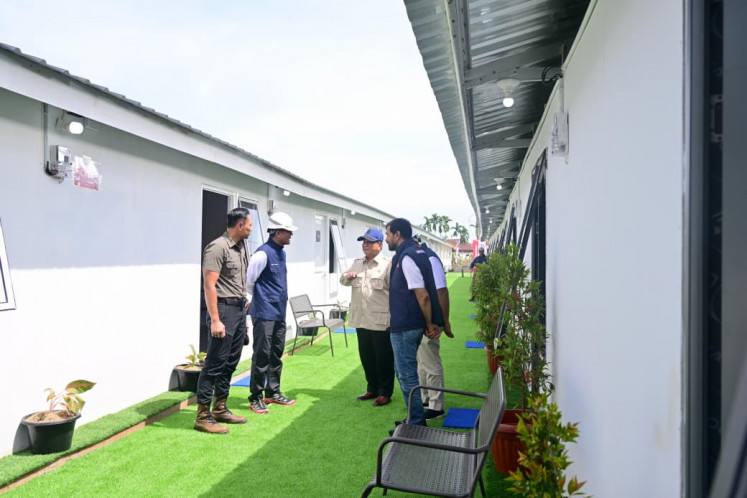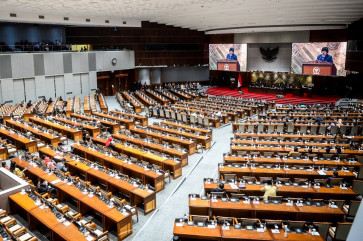Popular Reads
Top Results
Can't find what you're looking for?
View all search resultsPopular Reads
Top Results
Can't find what you're looking for?
View all search resultsThe new government and the illusion of Indonesian democracy
We the people, as civil society, have a duty to revitalize political education to provide the checks and balances necessary to uphold Indonesia's constitutional democracy and for us to avoid an illusion of democracy.
Change text size
Gift Premium Articles
to Anyone
T
he Jakarta Post’s editorial on Oct. 3, 2024 titled “‘Round’ Democracy is Back” delivers a pointed critique and caution, suggesting that we may be entering a worse phase of democratic regression. The editorial contends that if the Indonesian Democratic Party of Struggle (PDI-P) joins Prabowo Subianto’s coalition government, this could lead to the reemergence of a "round” democracy, essentially a scenario of zero opposition that is reminiscent of the New Order era.
The absence of opposition or critical voices in the House of Representatives, or lack thereof, would likely result in a diminished legislative function as well as weaken oversight of the executive branch.
An opinion piece titled “The Crucial Role of Opposition in Safeguarding Democracy”, published on the same day in the Post, underscores the opposition’s vital role in a democratic framework, especially within the legislative branch. It emphasizes that the opposition is crucial in maintaining checks and balances, acting as a safeguard against the concentration of power in the hands of the ruling political party or coalition, thereby preventing the monopolization of authority.
Observing the contemporary political dynamics unfolding in the country, there are at least three key takeaways for the public to consider as part of political awareness.
First, the existence of an opposition encourages in-depth debate and critical discussion, creating a "marketplace of ideas" that enriches policymaking and enhances governance. Such discourse, as a reflection of free expression, helps prevent democratic stagnation and highlights the coexistence of diverse perspectives, interests and ideologies.
Second, the emergence of a supermajority in the legislature, potentially with the PDI-P joining the ruling coalition sooner or later, raises the risk of misusing fast-track legislative procedures. This process accelerates bills’ approval by imposing tight deadlines and restricting room for debate and revision (Davis, 2015).
The practice can lead to legislative abuse, commonly referred to as abusive lawmaking. Therefore, fast-tracking laws with the support of a supermajority clearly disregards Constitutional Court Decision No. 91/2023, which stresses the importance of allowing meaningful public participation in the legislative process.
Your Opinion Matters
Share your experiences, suggestions, and any issues you've encountered on The Jakarta Post. We're here to listen.
Thank you
Thank you for sharing your thoughts. We appreciate your feedback.



















